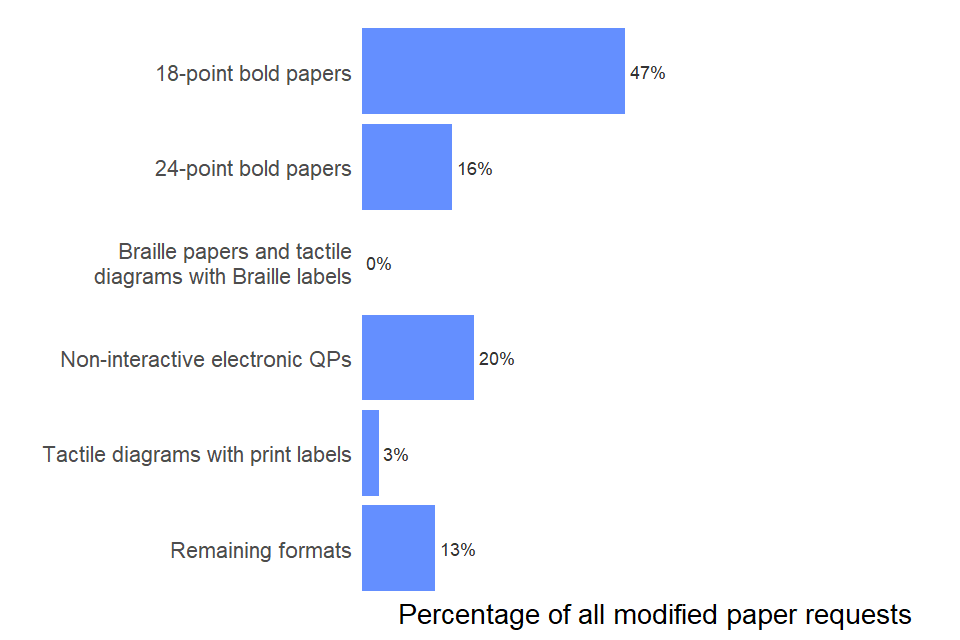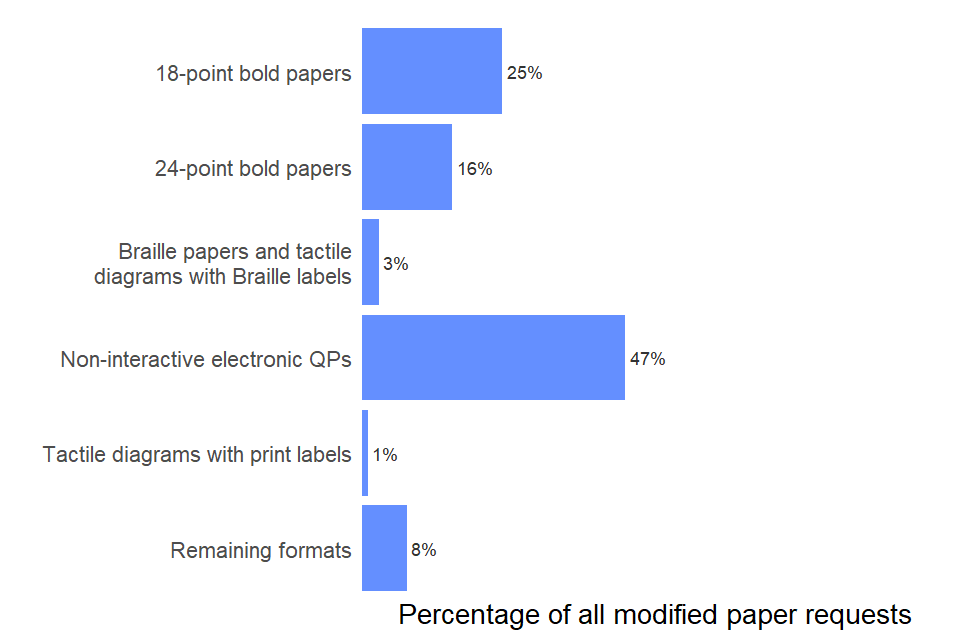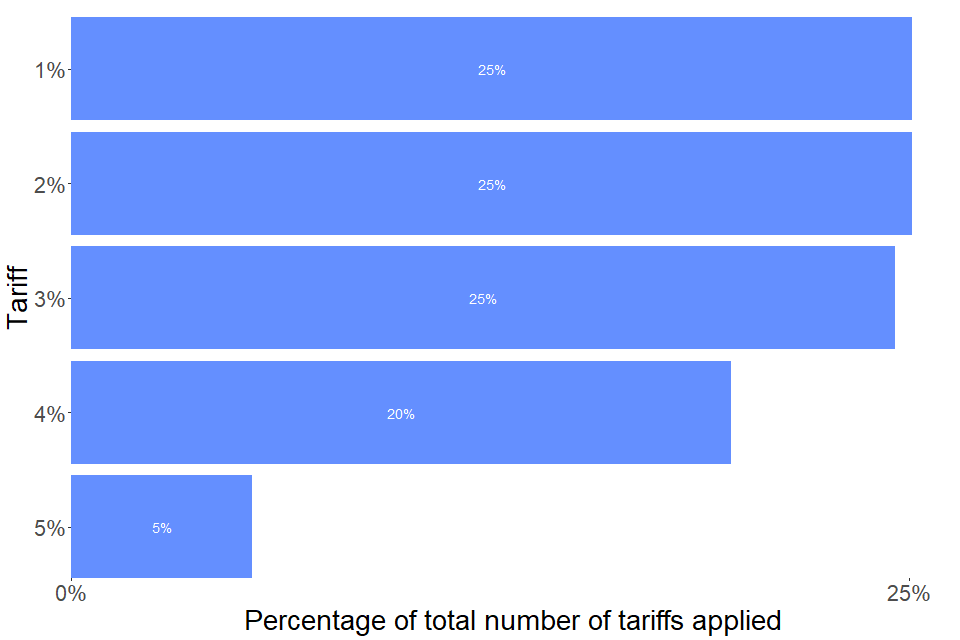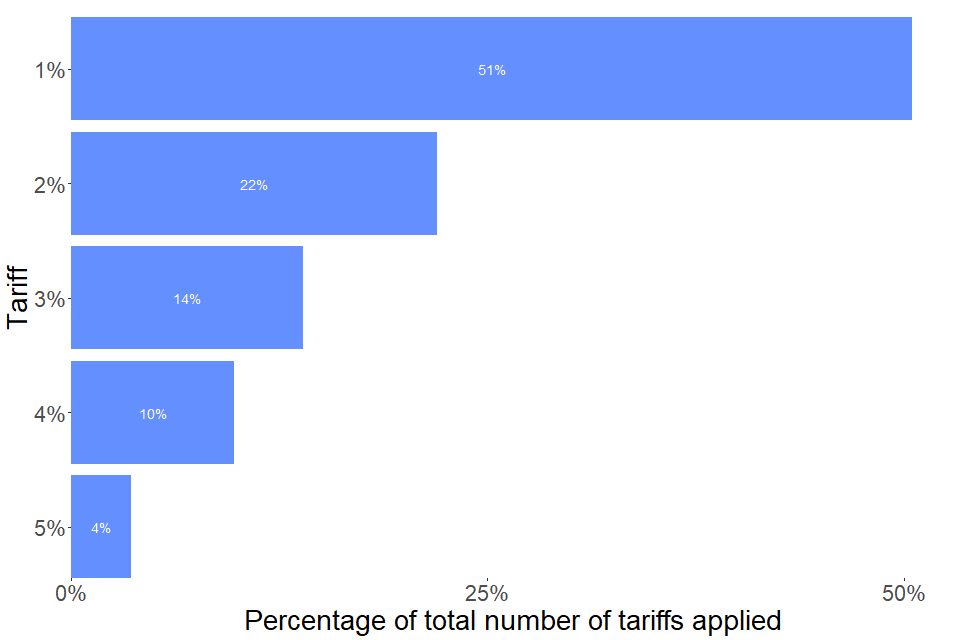GCSE, AS and A level: Autumn and November 2020 exam series
Published 25 May 2021
Applies to England
This publication presents figures on a number of topics relating to the autumn 2020 exam series for GCSEs, AS and A levels and the November 2020 exam series for GCSEs in English language and maths in England.
In this report figures for the November 2020 series relate only to GCSE English language and maths, as only GCSEs in those subjects could be taken in that series. The autumn 2020 series covers other GCSE subjects as well as AS and A levels.
Exams were cancelled in summer 2020 following the closure of schools and colleges to most students, as part of the response to the coronavirus (COVID-19) pandemic. As part of the exceptional arrangements for exam grading and assessment in 2020, students ultimately received the higher of a centre assessment grade or calculated grade for GCSE, AS and A level. The autumn series was put in place to give private candidates who had been unable to receive a grade in the summer the opportunity to do so. The autumn series also allowed students who were disappointed with their grade in the summer the opportunity to improve their grade. The November exam series occurs every year.
In this release, all figures are rounded to the nearest 5 to ensure confidentiality of data. Values less than 5 are shown as 0~.
1. Entries and certificates
This section presents data on entries and late entries, certifications, numbers of candidates, and numbers of centres with candidates taking exams in the autumn 2020 and November 2020 exam series.
The Joint Council for Qualifications (JCQ), a membership organisation comprising 8 providers of qualifications in the UK, including those awarding GCSEs and A levels, publishes deadlines by which entries should be made on behalf of the exam boards. If an entry is made after the deadline it is classed as late and may be subject to an additional charge.
1.1 Total number of entries, late entries and certificates
| Exam series | Qualification level | Ontime entries | Late entries | Total entries | Total certificates |
|---|---|---|---|---|---|
| Autumn 2020 | A level | 49,040 | 2,585 | 51,625 | 20,050 |
| Autumn 2020 | AS | 1,920 | 95 | 2,015 | 1,260 |
| Autumn 2020 | GCSE | 40,420 | 4,060 | 44,480 | 17,920 |
| November 2020 | GCSE | 297,235 | 27,055 | 324,290 | 135,455 |
In autumn 2020, 5% of A level entries, 4.7% of AS entries and 9.1% of GCSE entries were late.
In November 2020, 8.3% of GCSE entries were late.
1.2 Total number of candidates and centres
| Exam series | Qualification level | Candidates taking exams | Centres with candidates taking exams |
|---|---|---|---|
| Autumn 2020 | A level | 8,885 | 1,795 |
| Autumn 2020 | AS | 855 | 270 |
| Autumn 2020 | GCSE | 13,275 | 2,805 |
| November 2020 | GCSE | 109,245 | 3,560 |
2. Modified question paper requests
2.1 Contextual information
Requests for modified question papers (QPs) are made by schools and colleges in advance of a specific exam series. Modified papers are prepared for candidates with, for example, a range of visual impairments and/or significant language comprehension disorders in order to allow them to demonstrate their skills, knowledge and understanding.
A request for a modified paper is made for each individual exam paper. Therefore, an individual candidate may use multiple modified papers in a single exam series.
2.2 Most common types of modified papers - autumn 2020

Bar chart showing numbers of requests for the most common types of modified papers in the autumn 2021 exam series. Values are shown as percentages of the overall number of requests. A table of data is available in the text under the same heading.
Most common types of modified papers - autumn 2020
| Type | Total |
|---|---|
| 18-point bold papers | 95 |
| 24-point bold papers | 30 |
| Braille papers and tactile diagrams with Braille labels | 0~ |
| Modified language | 0 |
| Non-interactive electronic QPs | 40 |
| Tactile diagrams with print labels | 5 |
| Transcript of listening test/video | 0 |
| Other formats | 25 |
| Total | 200 |
2.3 Most common types of modified papers - November 2020

Bar chart showing numbers of requests for the most common types of modified papers in the November 2021 exam series. Values are shown as percentages of the overall number of requests. A table of data is available in the text under the same heading.
Most common types of modified papers - November 2020
| Type | Total |
|---|---|
| 18-point bold papers | 330 |
| 24-point bold papers | 210 |
| Braille papers and tactile diagrams with Braille labels | 35 |
| Modified language | 0 |
| Non-interactive electronic QPs | 615 |
| Tactile diagrams with print labels | 15 |
| Transcript of listening test/video | 0 |
| Other formats | 105 |
| Total | 1,315 |
A total of 200 modified papers were requested in autumn 2020 and 1,315 modified papers were requested in November 2020.
The most common type of modified paper requested in autumn 2020 was 18-point bold papers (95 papers). The most common type of modified paper requested in November 2020 was Non-interactive electronic QPs (615 papers).
3. Special consideration in GCSE AS and A level
3.1 Contextual information
The figures presented in this section include 2 categories of special consideration: mark adjustments and qualification awards. Mark adjustments are for candidates who were present for the assessment but disadvantaged in some way at the time of taking the assessment. Qualification awards are for candidates who were absent with good reason and so did not complete one or more of the assessments (further details are provided in the JCQ guidelines).
Tariff refers to any allowance of additional marks expressed as a percentage of the maximum mark of the assessment given to candidates that were present but disadvantaged, ranging from 0% to 5%.
According to JCQ guidelines, applications for special consideration can be made either on an individual or group basis. An individual application involves just one candidate and can cover one or more components. However, there can also be cases where a group of learners has been affected by similar circumstances (for example, if there is a fire alarm during an exam). In these cases, a single group application can cover all candidates and the different components they were taking that were affected by the event.
More than one special consideration request can be included in a single application. One application for special consideration, whether for an individual or a group, may relate to one or more components. Also, a single group application encompasses a number of candidates. Therefore, the sum of applications for individuals and groups is not equal to the total number of special consideration requests (which are counted at individual candidate and component level).
3.2 Number of requests submitted and percentage approved
| Exam series | Qualification level | Number of requests | Number of approved requests | % approved |
|---|---|---|---|---|
| Autumn 2020 | GCSE | 1,910 | 1,820 | 95% |
| Autumn 2020 | AS or A level | 1,985 | 1,870 | 94% |
| November 2020 | GCSE | 7,435 | 6,905 | 93% |
94% of requests for special consideration in A level and AS, and 95% of requests for special consideration in GCSE were approved in autumn 2020.
93% of requests for special consideration in GCSE were approved in November 2020.
3.3 Mark adjustments by tariff - autumn 2020

A bar chart showing the breakdown of mark adjustments by tariff in the autumn 2020 series. Most accepted requests received a tariff of between 1 and 4%. A table of data is available in the text under the same heading.
Mark adjustments by tariff - autumn 2020
| Tariff | Number applied | Percentage of total number of tariffs applied |
|---|---|---|
| 1% | 420 | 25% |
| 2% | 420 | 25% |
| 3% | 415 | 25% |
| 4% | 330 | 20% |
| 5% | 90 | 5% |
3.4 Mark adjustments by tariff - November 2020

A bar chart showing the breakdown of mark adjustments by tariff in the November 2020 series. Most accepted requests received a tariff of 1%. A table of data is available in the text under the same heading.
Mark adjustments by tariff - November 2020
| Tariff | Number applied | Percentage of total number of tariffs applied |
|---|---|---|
| 1% | 1,680 | 51% |
| 2% | 730 | 22% |
| 3% | 465 | 14% |
| 4% | 325 | 10% |
| 5% | 120 | 4% |
3.5 Group and individual applications submitted
| Number of candidates per application | 1 (individual application) | 2-5 | 6-10 | 11-20 | 21-50 | 51-100 | 101-200 |
|---|---|---|---|---|---|---|---|
| Autumn 2020 | 2,470 | 45 | 10 | 0~ | 0~ | 0 | 0~ |
| November 2020 | 4,595 | 90 | 30 | 20 | 15 | 0~ | 0~ |
In autumn 2020 there were a total of 1,680 approved mark adjustment requests and 2,010 approved qualification awards, and in November 2020 3,320 mark adjustment requests and 3,585 approved qualification awards were approved.
4. Malpractice for GCSE, AS and A level
4.1 Contextual information
A breach of the exam boards’ regulations that might undermine the integrity of an assessment may constitute malpractice. It includes bringing unauthorised material (for example mobile phones) into the examination room, and failures by school or college staff to comply with exam board instructions.
We require exam boards to have procedures in place to prevent, investigate and act in relation to malpractice by students, school or college staff or others involved in providing a qualification. The Joint Council for Qualifications (JCQ) publishes policies and guidance on malpractice that set out procedures for dealing with suspected malpractice as well as definitions for the categories of malpractice listed within this release.
The data may or may not capture all cases of malpractice from the reporting period because these cases relate only to instances of reported malpractice where a penalty has been applied.
4.2 Student malpractice
Exam boards may impose sanctions and penalties on students found to have committed malpractice. The penalties for student malpractice vary depending on the type of offence. An individual student can be penalised more than once and by more than one exam board if they commit malpractice offences when sitting more than one assessment. A student may also receive one penalty for multiple offences.
4.3 Types of malpractice committed by students - autumn 2020
| Offence type | Total Offences |
|---|---|
| Disruptive behaviour | 0~ |
| Inappropriate materials | 0~ |
| Mobile phones | 15 |
| Other unauthorised materials | 5 |
| Other reasons | 0~ |
4.4 Types of malpractice committed by students - November 2020
| Offence type | Total Offences |
|---|---|
| Disruptive behaviour | 0~ |
| Inappropriate materials | 5 |
| Mobile phones | 125 |
| Plagiarism | 0~ |
| Other unauthorised materials | 15 |
| Other reasons | 20 |
4.5 Types of penalty issued to students, by penalty - autumn 2020
| Penalty type | Total Penalties |
|---|---|
| Loss of aggregation or certification opportunity | 5 |
| Loss of marks | 5 |
| Warning | 10 |
4.6 Types of penalty issued to students, by penalty - November 2020
| Penalty type | Total Penalties |
|---|---|
| Loss of aggregation or certification opportunity | 35 |
| Loss of marks | 85 |
| Warning | 50 |
Penalties were issued to 25 students in autumn 2020 and 165 students in November 2020.
Penalties for student malpractice varied depending on the type of offence. The categories presented here are broad, and could cover a range of individual circumstances.
4.7 Staff and school or college malpractice
Exam boards may impose penalties for malpractice committed by an individual member of staff at a school or college, for example a teacher or an invigilator. More than one penalty can be imposed for a single offence.
Where there is evidence that malpractice is the result of a serious management failure, an exam board may apply sanctions against a whole department or a school or college (centre).
4.8 Types of staff and school or college malpractice - autumn 2020
| Offence type | Staff offences | Centre offences |
|---|---|---|
| Breach of security | 5 | 0~ |
| Failure to comply with regulations | 0 | 0 |
| Maladministration | 5 | 0~ |
4.9 Types of staff and school or college malpractice - November 2020
| Offence type | Staff offences | Centre offences |
|---|---|---|
| Breach of security | 0~ | 0 |
| Failure to comply with regulations | 0~ | 0 |
| Maladministration | 15 | 0~ |
Note: ‘Failure to comply with regulations’ refers to a failure to comply with regulations for access arrangements, reasonable adjustments, and/or special consideration.
4.10 Types of penalty issued to staff and schools or colleges - autumn 2020
| Penalty type | Staff penalties | Centre penalties |
|---|---|---|
| Special conditions | 0 | 0 |
| Training | 0~ | 0 |
| Written warning | 10 | 0 |
| Review and report | 0 | 0~ |
4.11 Types of penalty issued to staff and schools or colleges - November 2020
| Penalty type | Staff penalties | Centre penalties |
|---|---|---|
| Special conditions | 0~ | 0 |
| Training | 0 | 0 |
| Written warning | 20 | 0 |
| Review and report | 0 | 0~ |
Penalties were issued to 10 members of school or college staff in autumn 2020 and 20 members of school or college staff November 2020.
Penalties were issued to fewer than five schools or colleges in autumn 2020 and fewer than five schools or colleges in November 2020.
5. User feedback
We welcome your feedback on our publications. Should you have any comments on this report and how to improve it to meet your needs please contact us at data.analytics@ofqual.gov.uk.

